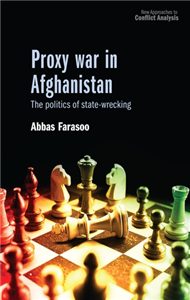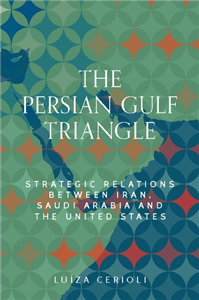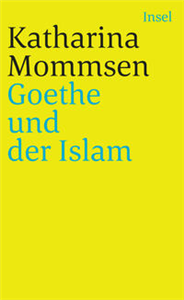Island Press
Island Press began with a simple idea:knowledge is power—the power to imagine a better future and find ways for getting us there. Founded in 1984, Island Press’ mission is to provide the best ideas and information to those seeking to understand and protect the environment and create solutions to its complex problems. We elevate voices of change, shine a spotlight on crucial issues, and focus attention on sustainable solutions. Our network of authors includes E.O. Wilson, Paul Ehrlich, Sylvia Earle, Gretchen Daily, Jan Gehl, Daniel Pauly, and many others. By working closely with experts like these, Island Press has developed a comprehensive and growing body of knowledge—vital resources for all those working to protect the environment and create healthy communities.
View Rights Portal


























